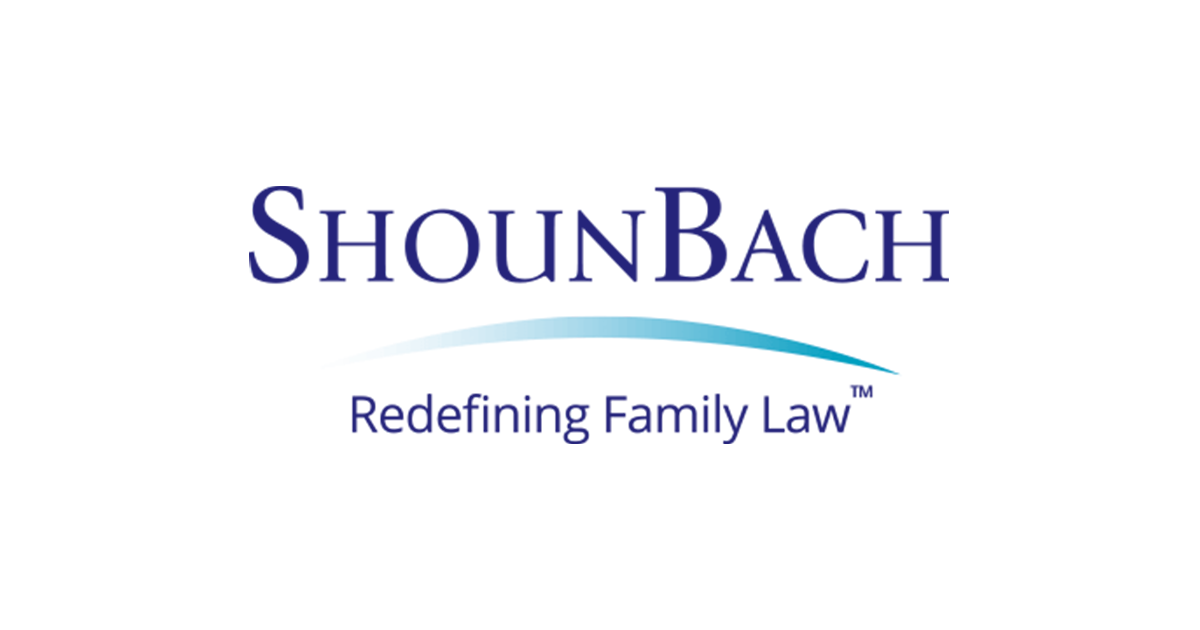What You Need to Know About Probate in Virginia


It can be overwhelming trying to navigate probate in Virginia — the intricate legal process involved in distributing a family member’s estate assets, paying estate taxes, and fulfilling obligations to pay debts owed by the decedent’s estate. This lack of clarity can leave one feeling lost and anxious during a time of mourning. It is important to understand probate for personal representatives and loved ones of a deceased person in Virginia. That’s where hiring a probate lawyer in Northern Virginia can save time and money.
What is Probate?
Probate is the legal process for managing the estate of a deceased person, including their property and assets. This process becomes part of the public record. If the deceased had a valid will, it guides the distribution of their assets. However, if they died without a valid will (intestate), Virginia law dictates how their assets are distributed, which may not reflect their wishes.
Does Every Death Have to Go Through Probate?
Probate isn’t always necessary. Whether an estate undergoes probate depends on the deceased’s assets. Some assets can bypass probate and be directly distributed to beneficiaries. These non-probate assets can include:
- Retirement accounts
- Payable-on-death or transfer-on-death accounts
- Joint tenancy assets
- Property in a living trust
- Life insurance proceeds payable to a beneficiary
- Pension benefits payable to a beneficiary
- Assets with proper beneficiary designations
Probate is particularly useful if the deceased owned property solely in their name, as it formally transfers the property title to the heirs according to the will. Typically, probate is required when the decedent leaves behind property titled exclusively in their name. However, if the estate is small, the probate process may be abbreviated, allowing survivors to use a streamlined administration process.
How Does Probate Work When There is No Will?
When an individual dies in Virginia without a will, their estate is distributed according to intestacy laws. The probate process then follows a set of predetermined rules to allocate the deceased’s assets among their heirs.
According to Virginia statute 64.2-200, the distribution of assets in intestate succession typically follows this hierarchy:
- If the deceased had a surviving spouse and all children are common to the spouse, the entire estate usually goes to the spouse.
- If the deceased had a surviving spouse and any child not common to the surviving spouse, the estate is divided between the spouse and all children according to specific percentages outlined in the statute.
- If there is no surviving spouse or descendants, the estate may pass to other relatives in a defined order of priority, such as parents, siblings, nieces, nephews, or more distant relatives.
The probate court oversees the process of identifying heirs, validating claims, and distributing assets accordingly with the Commissioner of Accounts’ approval. While understanding Virginia’s intestate succession laws is crucial for a smooth transition of assets without a will, the best course of action is to create an estate plan including a legally valid last will and testament with the assistance of an experienced attorney. This is even more important for families with minor children, as in their last will and testaments they can designate guardians for their children and direct the distribution of their estate to the minor children in trust, as minors can not inherit directly.
The 4 Types of Virginia Probate
In Virginia, four main types of probate proceedings may be used depending on the estate’s circumstances:
- Small Estate Administration: This is the simplest form of probate, involving minimal court supervision. It is generally available when the decedent’s entire probate estate is valued at under $50,000.
- Abbreviated Administration: This option is available when the estate exceeds $50,000, but all distributees are also serving as personal representatives. After the court approves the inventory and confirms that all valid debts have been settled, the personal representative can complete the estate administration without extensive judicial involvement or the need to file a formal accounting.
- Full Administration: Required when not all residual beneficiaries under the decedent’s will are serving as personal representatives, there are disputes among beneficiaries or challenges to the will’s validity. This process may involve hearings to resolve disputes, and a formal accounting must be filed and approved by the Commissioner of Accounts and Court before the personal representative is discharged and the estate is closed.
- Ancillary Probate: Needed when a non-Virginia resident passes away owning property in Virginia. This process allows for the administration of the decedent’s Virginia assets while the primary probate proceedings occur in their home state.
Understanding these probate procedures is crucial for personal representatives and beneficiaries to navigate the legal requirements effectively and ensure the efficient distribution of the deceased person’s assets.
How Long Does the Probate Process Take?
Probate can be time-consuming, ranging from as few as six months to several years. After a person dies, state law generally prevents the closure or distribution of their estate until the end of the creditor period. Unlike most states, Virginia does not have a statutory deadline for creditors to file claims. However, the executor can set a deadline by initiating a Debts and Demands Hearing.
Several factors can influence the duration of probate, including:
- The existence of a testamentary trust
- Familial disagreements
- Individuals contesting the will
- The extent of estate planning completed by the decedent before their death
Additionally, the number of assets and the size and value of any real estate owned by the decedent can impact the length of the probate process. ShounBach has the knowledge and experience that can help make this process easier for you.
Probate Lawyer in Northern Virginia
If you are looking for more information on probate and estate planning, ShounBach is here for you. Please contact us for a free consultation.
Don’t Navigate This Process Alone
"*" indicates required fields
Phone: 703-222-3333
Fax: 703-222-3340
Contact Us

